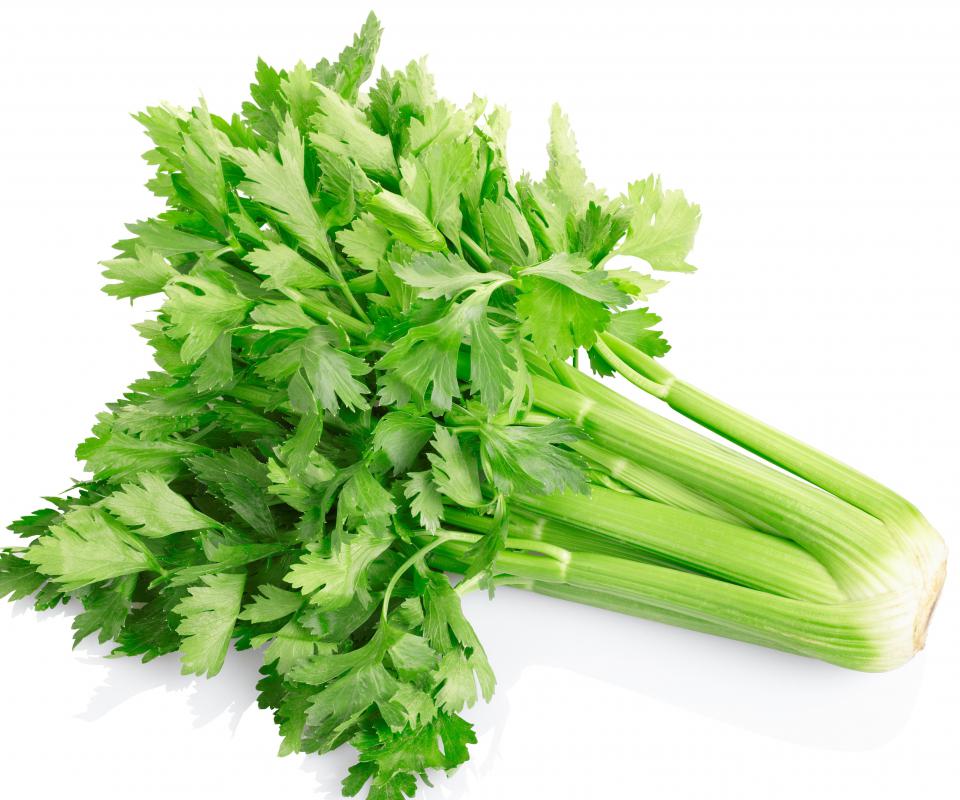Celery: A Nutritious and Versatile Vegetable.Celery is not only delicious and crunchy but also packed with nutrients and used in many different ways in cooking.
It will be discussed this article what are the health benefits of celery, how it can be incorporated into your diet, and some creative recipes you may want to try out.
Introduction:
There is nothing more refreshing and crunchy than celery, a long, thin, green vegetable with a crispy texture and a refreshing taste. Salads and dips like peanut butter and cream cheese are often made with it, as it is a staple in many dishes.
It is worth noting, however, that celery is more than just a tasty addition to your meals – it has a variety of health benefits due to its abundant nutritional content.
What is celery?
The celery root is one of the most popular vegetables in the world because of its crunchy texture and refreshing flavor. There is a cylindrical shape to this plant, with a swollen base and long, slender stalks, and it is typically green in color.
A common ingredient in salads, soups, and dips is celery, which is often used as a basis for peanut butter or cream cheese. It also has a low-calorie count, making it a good option for those who wish to maintain a healthy weight.
Celery may prove beneficial to health not only due to its culinary uses, but also due to its nutritional content, which includes vitamins and minerals, antioxidants, and anti-inflammatory compounds.
Health Benefits of Celery:
Several health benefits can be derived from celery:
High in antioxidants:
The antioxidant components in celery, such as flavonoids and polyphenols, may prevent oxidative stress in the body. The prevention of chronic diseases such as heart disease and cancer can be achieved as a result of this.
Rich in vitamins and minerals:
Vitamins and minerals found in celery include vitamin K, vitamin C, potassium, and folate. The nutrients in this group support the health of the immune system, the bones, and a variety of other functions.
May help to lower blood pressure:
Consumption of celery has been found to reduce blood pressure in some studies. The reason behind this is likely to be the presence of compounds known as phthalides, which relax the muscles in blood vessel walls and facilitate better blood flow.
May have anti-inflammatory properties:
Several compounds found in celery, such as apigenin and luteolin, have been demonstrated to have anti-inflammatory properties. Those suffering from conditions such as arthritis or asthma may find this beneficial.
Low in calories:
A single stalk of celery contains only 10 calories, making it one of the most appealing vegetables. The result is that it is an excellent choice for those who are looking to lose weight or maintain a healthy weight.
Nutritional value of celery:
The nutritional value of celery is excellent, as it contains several essential nutrients. Celery is rich in the following nutrients in one cup of raw celery (approximately 100 grams):
- Amount of calories: 16
- Amount of protein: 0.7 grams
- Amount of carbohydrates: 3 grams
- Amount of fiber: 1.6 grams
- Amount of sugar: 1.9 grams
- Amount of fat: 0.2 grams
- Amount of vitamin K that is recommended for daily consumption: 68%
- Vitamin C: 6% of the daily recommended intake
- The RDA for potassium is 6%
- The RDA for folate is 4%
- 2% of the RDA for calcium
Besides these nutrients, celery also contains several antioxidants, including flavonoids and polyphenols, as well as substances that reduce inflammation, including apigenin and luteolin.
Numerous health benefits may be associated with these nutrients, such as reducing oxidative stress, enhancing the immune system, and potentially reducing blood pressure and inflammation.
Ways to Incorporate Celery into Your Diet:
Let’s explore some creative ways you can incorporate celery into your diet now that we have explored its health benefits:
- Add it to salads: It is no secret that celery is one of the most popular salad ingredients – its crunchy texture contrasts beautifully with softer greens. Consider adding it to a green salad or mixing it up by combining it with apples and grapes in a fruit salad.
- Use it as a base for dips: Dips such as peanut butter or cream cheese are often served with celery as a base. The celery stalk can be dipped in your dip of choice and enjoyed as a healthy snack.
- Make celery juice: There has been an increase in the popularity of celery juice in recent years, and it is for good reason – it is packed with nutrients and is easy to make at home. Using a blender or juicer, chop and blend celery in a bunch. It is also possible to add other ingredients such as apples or ginger to enhance the flavor.
- Include it in soups and stews: The addition of celery can enhance soups and stews. Consider adding it to a hearty beef stew or a classic chicken noodle soup.
- Roast it: The natural sweetness of celery is brought out when it is roasted, and it adds an excellent depth of flavor to dishes. Celery can be easily chopped into bite-sized pieces, tossed with olive oil and your favorite herbs and spices, and roasted in the oven until tender.
Conclusion:
Among the many ways in which celery can be incorporated into your diet, celery is a highly nutritious and versatile vegetable.
With its refreshing crunch and high nutritional value, celery is a great addition to salads, dips, soups, and stews.
Make sure to pick up a bundle of celery the next time you are at the grocery store – your body will thank you for it.






